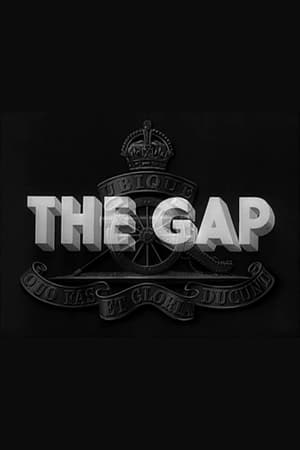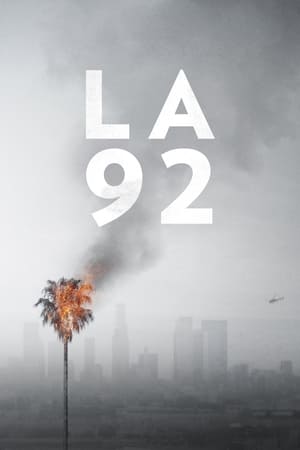

Ballad of an Unsung Hero(1983)
Using rare historical footage, vintage musical recordings, and interviews with 88-year-old Pedro J. Gonzalez and his wife, this film chronicles Gonzalez’s long and colorful life, from his early days with Pancho Villa during the Mexican Revolution, to his career as a popular radio personality in Los Angeles in the 1930s, to the controversial court case that sent him to San Prison, a victim of the repressive forces operating against the Chicano/Mexicano community during that period.

Movie: Ballad of an Unsung Hero
Top 2 Billed Cast
Self
Self - Narrator
Video Trailer Ballad of an Unsung Hero
Similar Movies
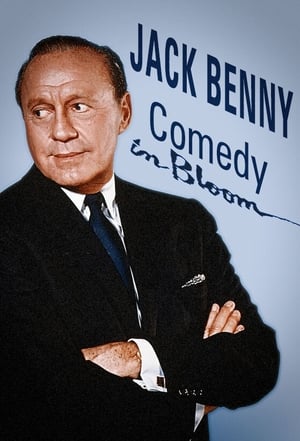 9.0
9.0Jack Benny: Comedy in Bloom(en)
Co-stars and celebrity admirers go through Benny's entire career
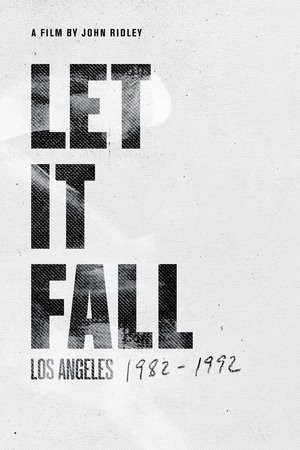 7.7
7.7Let It Fall: Los Angeles 1982-1992(en)
An in-depth look at the culture of Los Angeles in the ten years leading up to the 1992 uprising that erupted after the verdict of police officers cleared of beating Rodney King.
Gros chat(fr)
Siméon Malec, host on Pakueshikan FM radio, receives Marie-Soleil Bellefleur on the air to discuss new regulations concerning salmon nets. To their great dismay, the duo is constantly interrupted by increasingly worrying calls... It seems that a lion has been seen in the community!
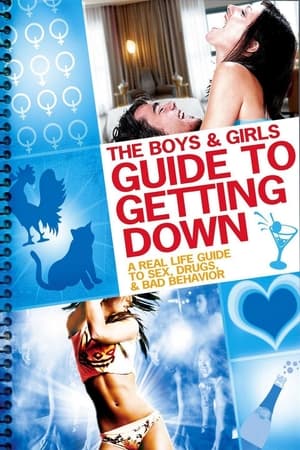 6.0
6.0The Boys & Girls Guide to Getting Down(en)
Tongue-in-cheek look at 20-something singles clubbing and partying in L.A. Voice-over narration, charts and graphs, and visits to a research laboratory punctuate the story of a single night when groups of friends go out, drink alcohol, take drugs, dance and talk, and look for someone to go home with.
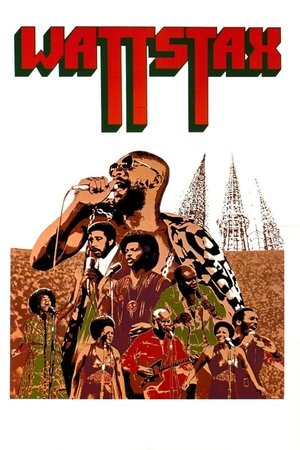 7.0
7.0Wattstax(en)
A documentary film about the Afro-American Woodstock concert held in Los Angeles seven years after the Watts riots. Director Mel Stuart mixes footage from the concert with footage of the living conditions in the current-day Watts neighborhood.
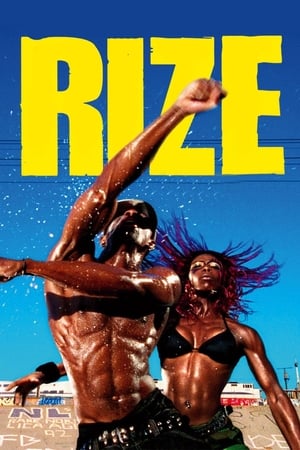 6.6
6.6Rize(en)
A documentary film that highlights two street derived dance styles, Clowning and Krumping, that came out of the low income neighborhoods of L.A.. Director David LaChapelle interviews each dance crew about how their unique dances evolved. A new and positive activity away from the drugs, guns, and gangs that ruled their neighborhood. A raw film about a growing sub-culture movements in America.
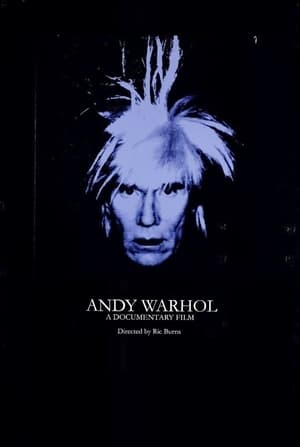 8.2
8.2Andy Warhol: A Documentary Film(en)
Ric Burns unearths rarely seen footage and offers keen observations on the life and artistic influence of Andy Warhol. [Made for and aired on PBS's American Masters series.]
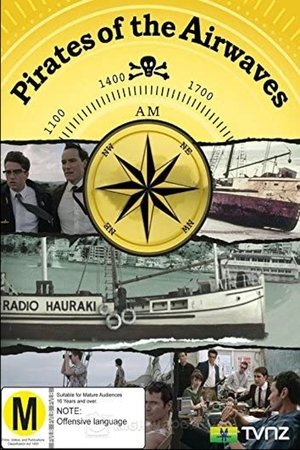 0.0
0.0Pirates of the Airwaves(en)
In 1966 a group of determined young men defied the New Zealand government and launched a pirate radio station aboard a ship in the Hauraki Gulf.
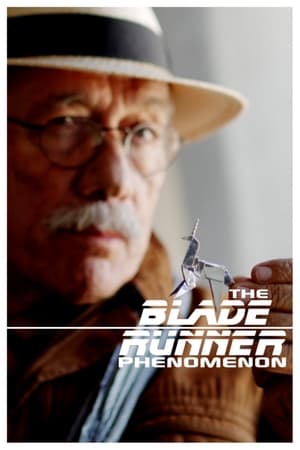 6.9
6.9The Blade Runner Phenomenon(de)
Ridley Scott's cult film Blade Runner, based on a novel by Philip K. Dick and released in 1982, is one of the most influential science fiction films ever made. Its depiction of Los Angeles in the year 2019 is oppressively prophetic: climate catastrophe, increasing public surveillance, powerful monopolistic corporations, highly evolved artificial intelligence; a fantastic vision of the future world that has become a frightening reality.
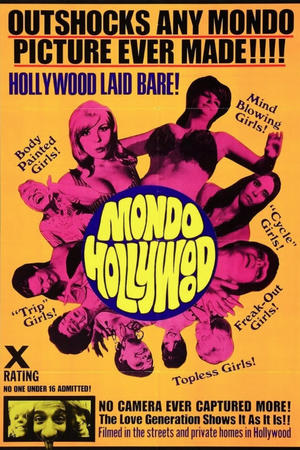 5.3
5.3Mondo Hollywood(en)
Long considered a cult classic, "Mondo Hollywood" captures the underside of Hollywood by documenting a moment in time (1965-67), when an inquisitive trust in the unknown was paramount, hope for the future was tangible and life was worth living on the fringe. An interior monologue narrative approach is used throughout the film, where each principal person shown not only decided on what they wanted to be filmed doing, but also narrated their own scenes. The film opens with Gypsy Boots (the original hippie vegan - desert hopping blender salesman), and stripper Jennie Lee, working out 'Watusi-style' beneath the 'Hollywood' sign -- leading into the 'sustainable community' insight of Lewis Beach Marvin III, the S&H Green Stamp heir, who lived in a $10 a month garage while owning a mountain retreat in Malibu.
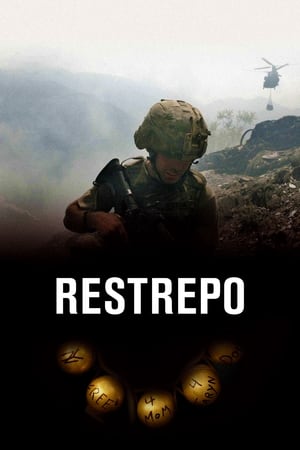 7.3
7.3Restrepo(en)
Directors Hetherington and Junger spend a year with the 2nd Battalion of the United States Army located in one of Afghanistan's most dangerous valleys. The documentary provides insight and empathy on how to win the battle through hard work, deadly gunfights and mutual friendships while the unit must push back the Taliban.
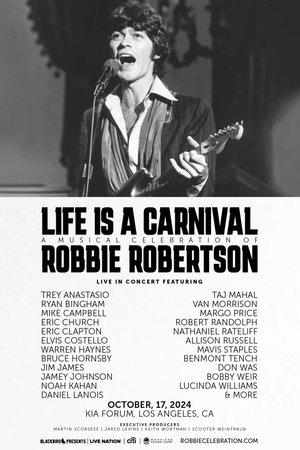 0.0
0.0Life Is a Carnival: A Musical Celebration of Robbie Robertson(en)
Robbie Robertson. Life Is a Carnival: A Musical Celebration of Robbie Robertson will take place on Thursday, October 17, 2024, at the Kia Forum, in Los Angeles, CA, featuring once-in-a-lifetime performances with an incredible lineup of superstar artists, including Trey Anastasio, Ryan Bingham, Mike Campbell, Eric Church, Eric Clapton, Elvis Costello, Warren Haynes, Bruce Hornsby, Jim James, Jamey Johnson, Noah Kahan, Daniel Lanois, Taj Mahal, Van Morrison, Margo Price, Robert Randolph, Nathaniel Rateliff, Allison Russell, Mavis Staples, Benmont Tench, Don Was, Bobby Weir, and Lucinda Williams.
 8.1
8.1One Six Right(en)
An exhilarating documentary film that celebrates the unsung hero of aviation - the local airport - by tracing the life, history, and struggles of an airport icon: Southern California's Van Nuys Airport. Featuring thrilling aerial photography and a sweeping original score, the film dispels common misconceptions and opposes criticism of General Aviation airports.
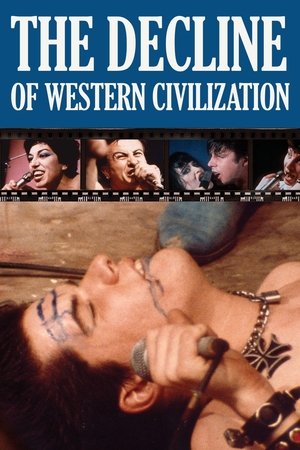 7.1
7.1The Decline of Western Civilization(en)
The Los Angeles punk music scene circa 1980 is the focus of this film. With Alice Bag Band, Black Flag, Catholic Discipline, Circle Jerks, Fear, Germs, and X.
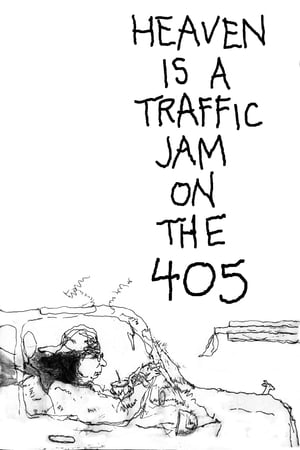 7.3
7.3Heaven is a Traffic Jam on the 405(en)
56-year-old artist Mindy Alper has suffered severe depression and anxiety for most of her life. For a time she even lost the power of speech, and it was during this period that her drawings became extraordinarily articulate.
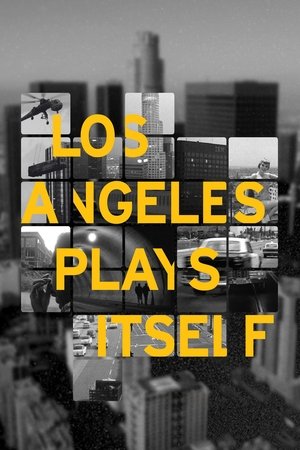 7.6
7.6Los Angeles Plays Itself(en)
From its distinctive neighborhoods to its architectural homes, Los Angeles has been the backdrop to countless movies. In this dazzling work, Andersen takes viewers on a whirlwind tour through the metropolis' real and cinematic history, investigating the myriad stories and legends that have come to define it, and meticulously, judiciously revealing the real city that lives beneath.
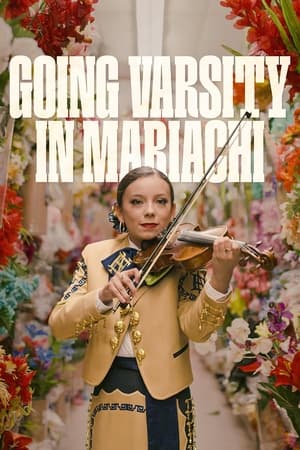 0.0
0.0Going Varsity in Mariachi(en)
A year in the life of an underdog competitive high school mariachi band in the Texas borderlands.
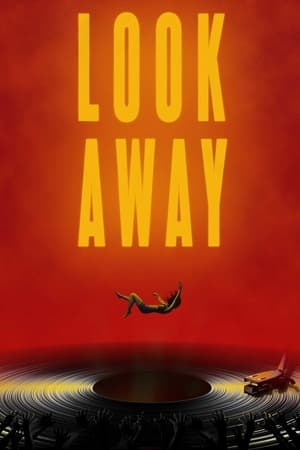 0.0
0.0Look Away(en)
Interviews from women involved in the 70's and 80's rock music industry. An examination of the people taking advantage of underage fans and calling for a "Me too" movement in the music world

